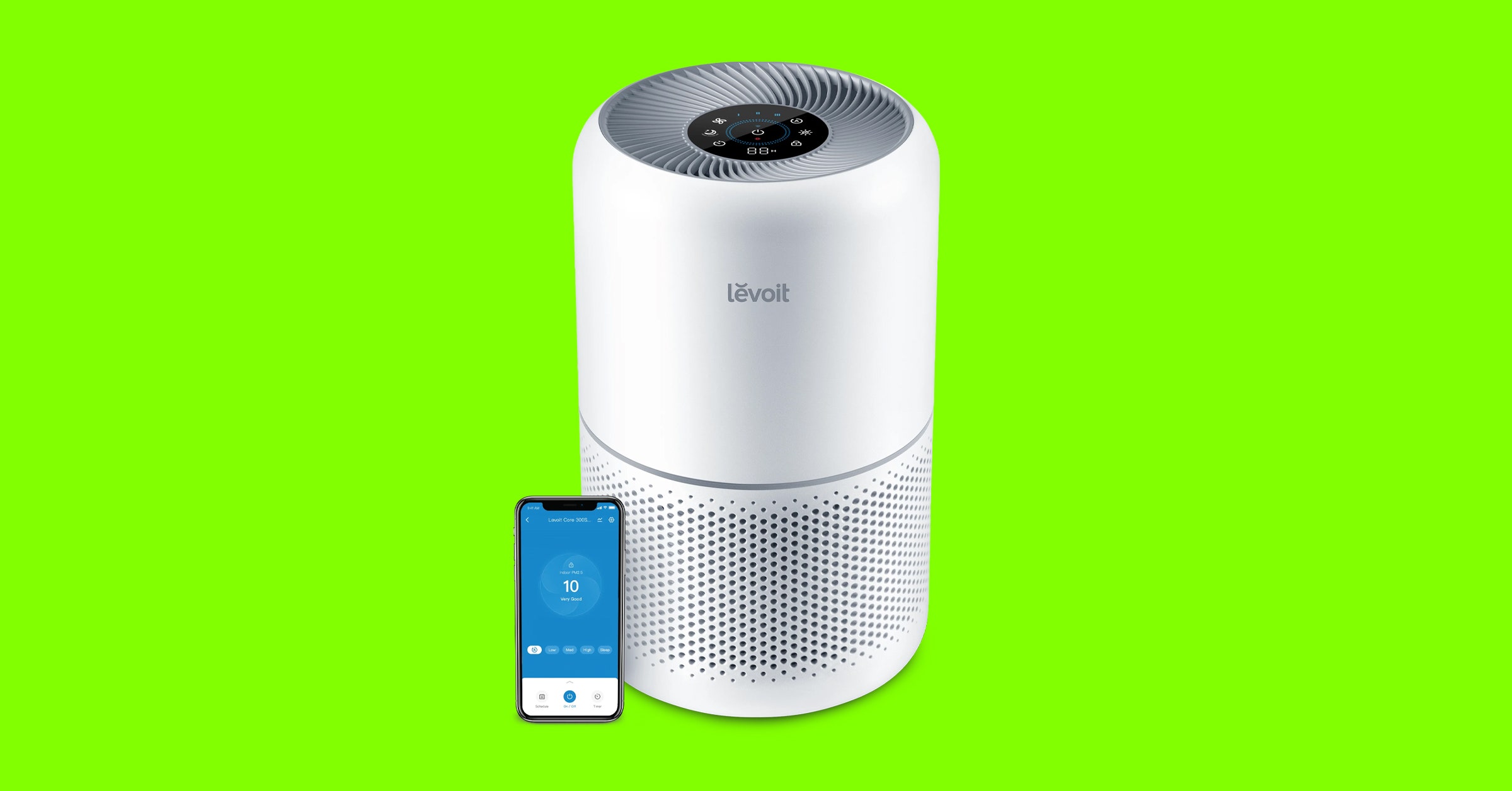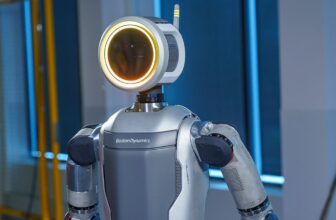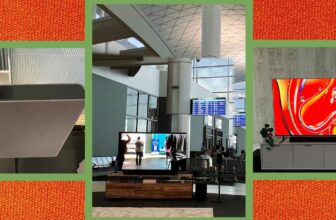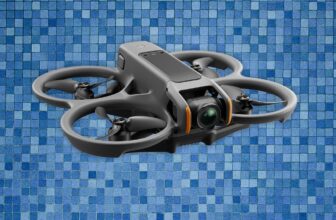
When looking for an air air purifier, you would possibly discover every mannequin has a unique filter sort. Discovering the precise one on your area can really feel complicated. Under, we break down the distinction between every one.
HEPA Filters: It is a high-efficiency particulate air filter that may take away at the very least 99.97 p.c of mud, mildew, pollen, micro organism, and airborne particles as small as 0.3 microns. It is a great option for individuals who undergo from allergy symptoms or respiratory points since it may possibly assist to filter airborne particles that may set off signs—like sneezing, sore throat, issue respiratory, coughing, and extra. It is price noting, nonetheless, that HEPA filters do not take away risky natural compounds from the air as activated carbon filters do. However these are usually paired with carbon filters.
Activated Carbon: Activated carbon filters (often known as activated charcoal) are highly effective as a result of they’re very porous and have a big floor space—permitting the filters to soak up fuel pollution, odors, and VOCs. They’re best for removing fumes, smoke, or chemical substances from the air. However these filters have to be replaced extra typically relying on the setting. For instance, if there’s a wildfire in your space and the air air purifier is working extra intensely than ordinary, it’s essential to interchange a saturated filter to keep away from poisonous gases from being launched again into the air.
Washable Air Filters: A couple of of the air purifiers we have listed on this information include washable prefilters along with a HEPA and/or activated carbon filter—which is what you may usually discover. These are probably the most cost-effective since you do not have to purchase new ones every time you might want to substitute a filter. Merely take away it, scrub it with cleaning soap and water, and let it dry.
UV-C Sanitizer Filters: Ultraviolet filters use UV mild to kill viruses, parasites, mildew spores, and micro organism. They can’t remove airborne particles, VOCs, or fuel pollution, so that they’re solely totally efficient when mixed with a HEPA filter. In keeping with the United States Environmental Protection Agency (EPA), UV lights with out correct lamp coatings have the potential to emit ozone. We advocate checking this list from the Affiliation of Dwelling Equipment Producers for air purifiers which were proven to emit little to no ozone.







